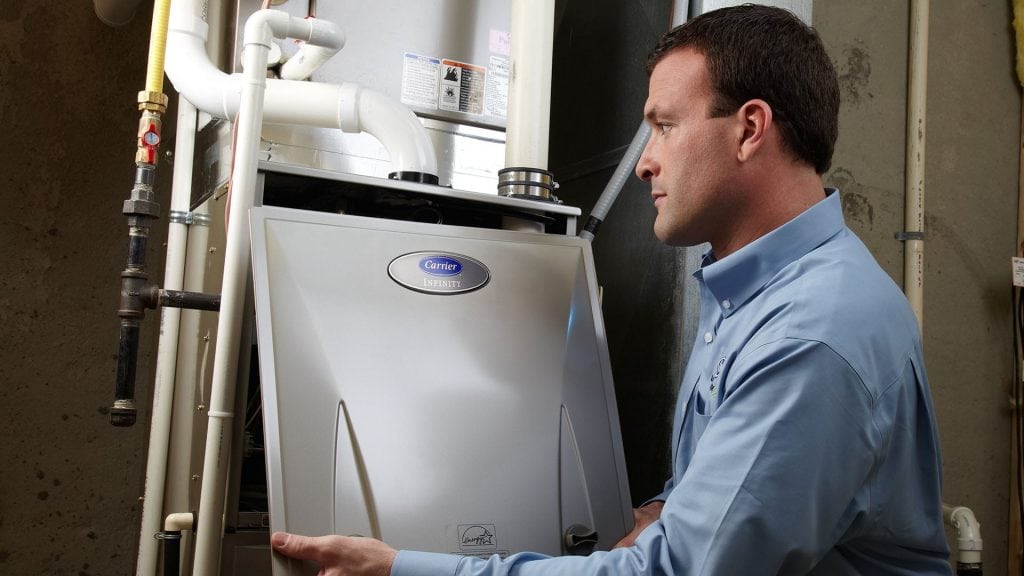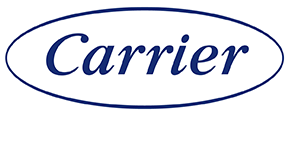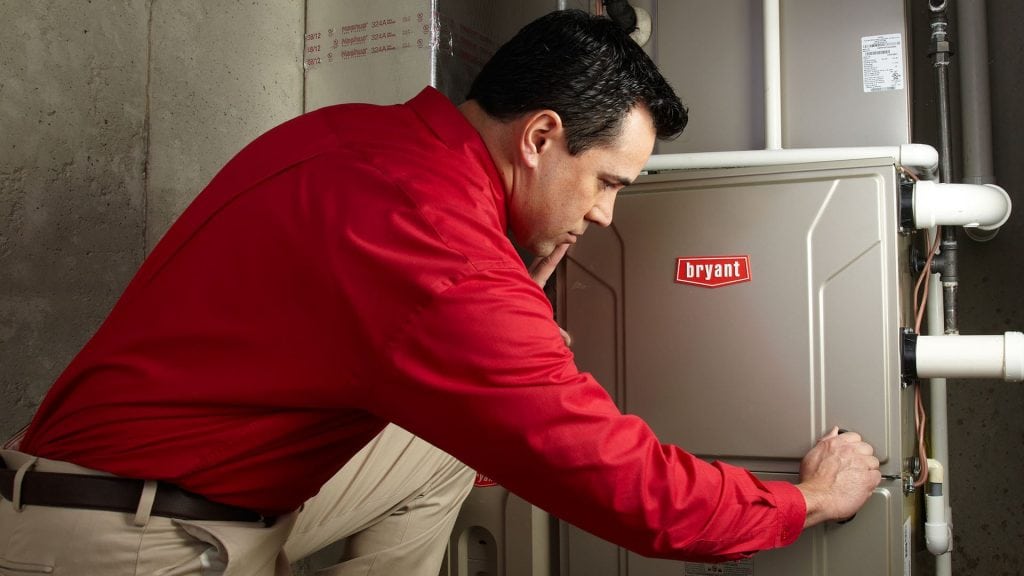Still Need an A/C Tune-Up? Here's What a Professional Will Do

Still Need an A/C Tune-Up? Here's What a Professional Will Do
Here in the southeast, a professional A/C tune-up is a sound post-season policy. Hot weather commonly extends beyond the conventional end of the summer and air conditioners are utilized well into autumn. Manufacturer-recommended preventive maintenance is a good idea to restore system performance and efficiency, as well as address any wear and tear issues that may have developed over the long, hot summer. When you schedule a professional A/C tune-up with your HVAC contractor, here’s what a qualified technician will do.
Professional A/C Tune-Up Checklist
- Check thermostat calibration and adjust if necessary. Verify that thermostat controls properly signal air conditioner on/off/cooling/fan functions.
- Inspect electrical connections and check the amperage draw on the indoor blower motor and the outdoor compressor. Verify proper operation of the run capacitor.
- Lubricate moving parts such as the blower motor and pulley. Check the blower motor drive belt for wear and proper tension.
- Inspect the condensate drain pan and verify drain function. If evidence of algae or mold is noted, disinfect the system and install time-release biocide tablets in the drain pan.
- Inspect and clean the indoor evaporator coil and outdoor condenser coil. Indoors, dust and dirt in the system airflow can coat evaporator coil surfaces, interfering with heat transfer. Because the evaporator creates condensation, moisture may also spawn toxic mold growth inside the coil. Outside, dust, dirt, grass clippings, leaves and other debris may block the condenser coil and inhibit heat dispersal.
- Measure the system refrigerant charge. A variety of performance and efficiency issues are attributable to low refrigerant. It can also cause early failure of the compressor—the single most expensive component in the system. A central air conditioner doesn’t consume refrigerant. A low level of refrigerant always indicates a leak. Your qualified HVAC technician has the leak detection expertise to find it and fix it.
- Change the system air filter. From now on, do it yourself. It’s easy, lowers operating costs and safeguards your indoor air quality. Ask the technician to show you how.



